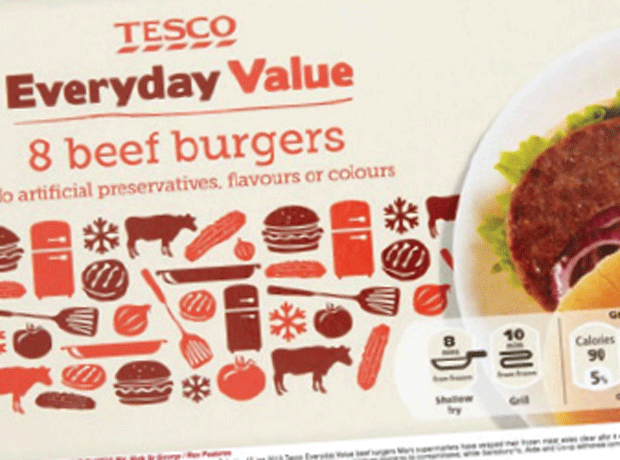As the horse meat scandal serves up ever-more shocking revelations, a number of things stand out.
Firstly, the shaky reassurances by the Food Standards Agency and ministers that there is no evidence of any health risk to consumers from eating mislabelled processed meat products.
This may be true, but it is plainly an unsound premise upon which to base assurances. It seems highly likely, given the scale of the scandal, that fraudulent practices have taken place. The fact that large amounts of horsemeat are likely to have entered food products through the back door means that by definition its purity is open to doubt and the testing regimes in place have proven inadequate.
I have little faith in a government minister reassuring me that there is no evidence of toxins or veterinary drugs unapproved for human consumption. I am reminded of the sight of a government minister feeding a beefburger to his young daughter during the BSE scare. His method lacked credibility and judgement. So do the assurances this time around.
So, what should we do about it? Until such time as adequate testing has laid out all the facts and exposed all the guilty parties, there is a strong case for tightening and shortening the supply chain to abattoirs and processors with no links to sources where malpractice is suspected.
Since I doubt this will be done by government, it may come down to whether any retailers or suppliers seek competitive advantage though a shorter supply chain with more demonstrable provenance. Dalton Philips of Morrisons hinted at this when he referenced the vertical integration in his business last weekend.
It is of course a risky strategy, unless one can be absolutely sure that one’s ground is rock solid and of adequate and affordable supply through the shorter chain: witness Hovis’ reversal of its 100% British Wheat claim because of supply issues.
Don’t be surprised, however, if there is a resurgence of marketing messages built on UK sourcing. Consumer trust has taken a battering and I’d bet on retailers and suppliers moving more swiftly and decisively to rebuild it than a government minister.
Will Carter is founder of Food Strategy Associates
Sign in to comment on this article
Not logged in before? Register for FREE guest access today.
You will be able to:
- Read more stories
- Receive daily newsletters
- Comment on stories
Advert



















No comments yet